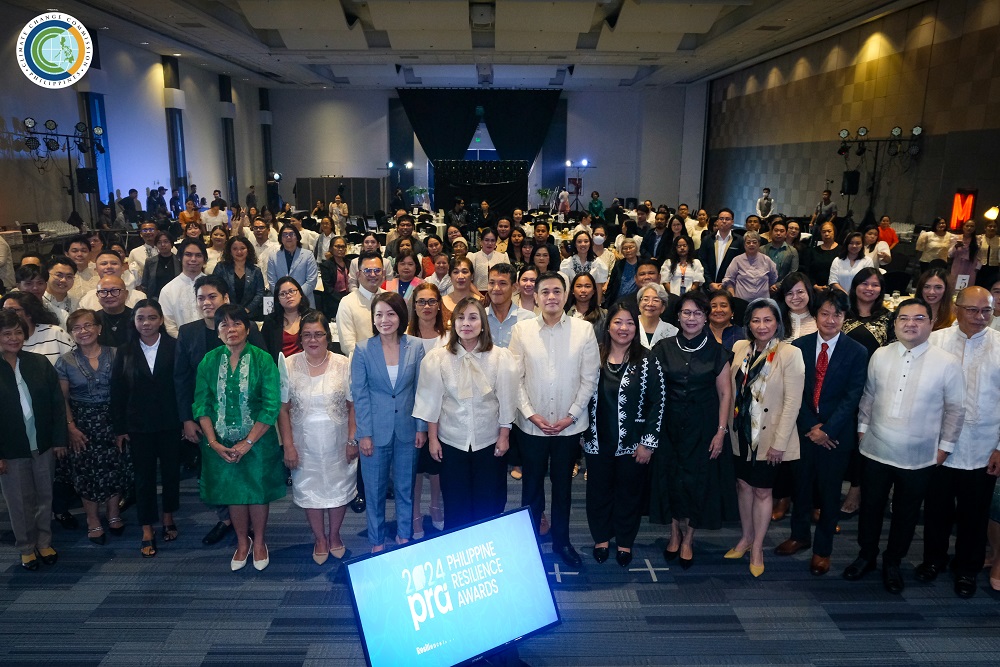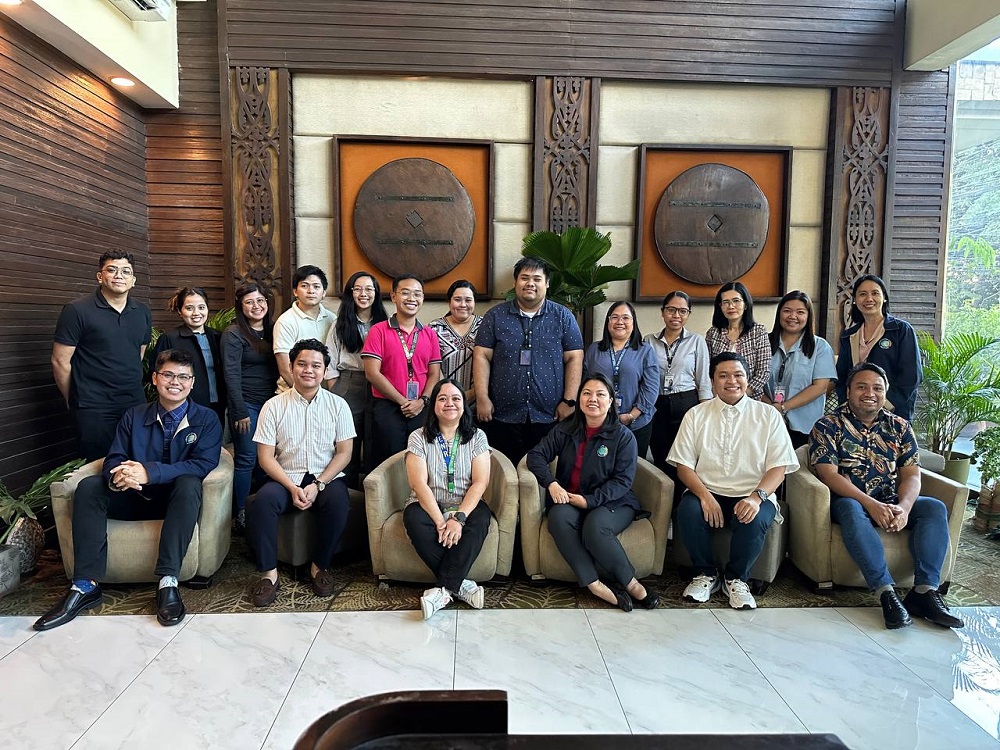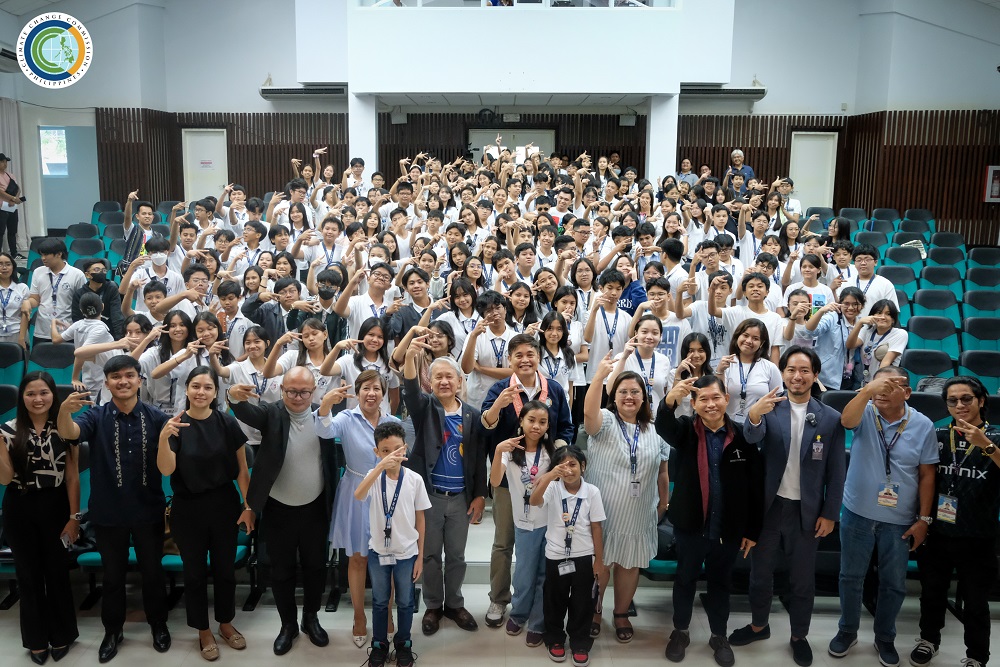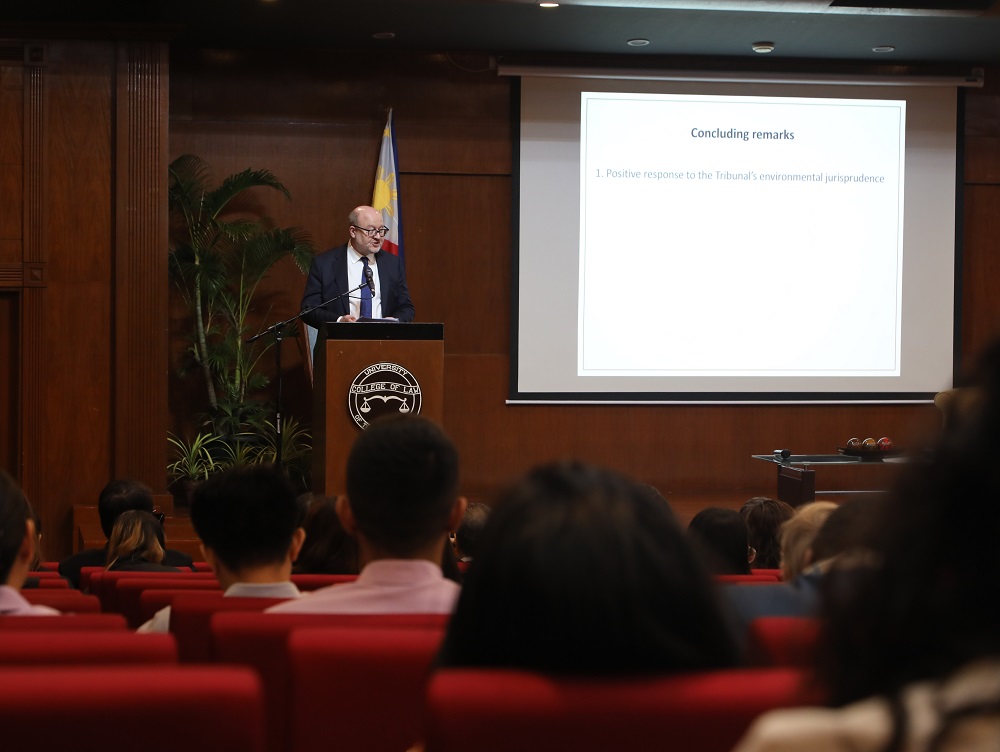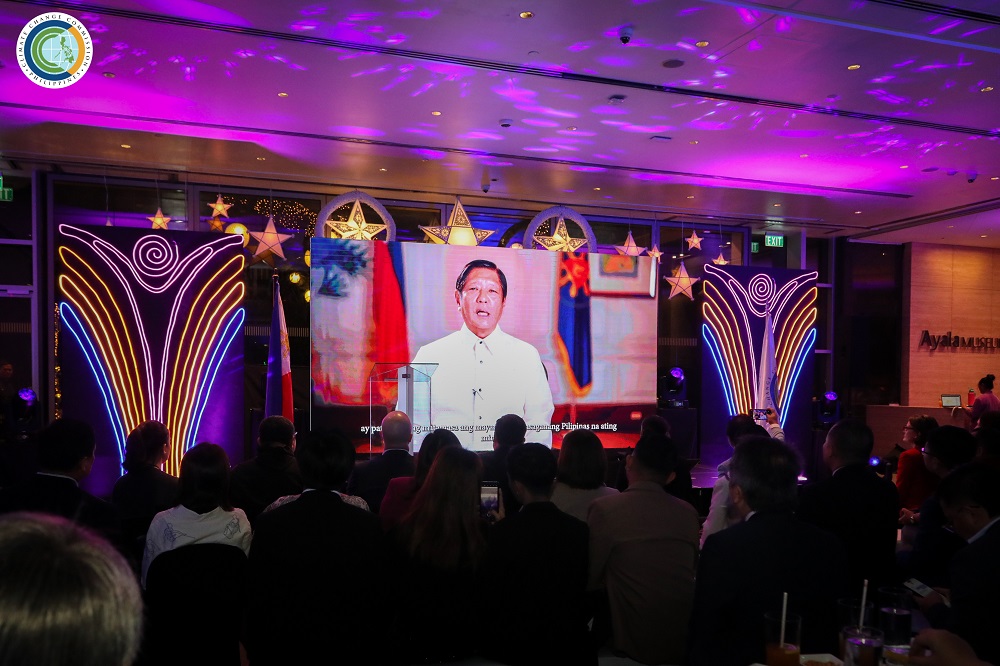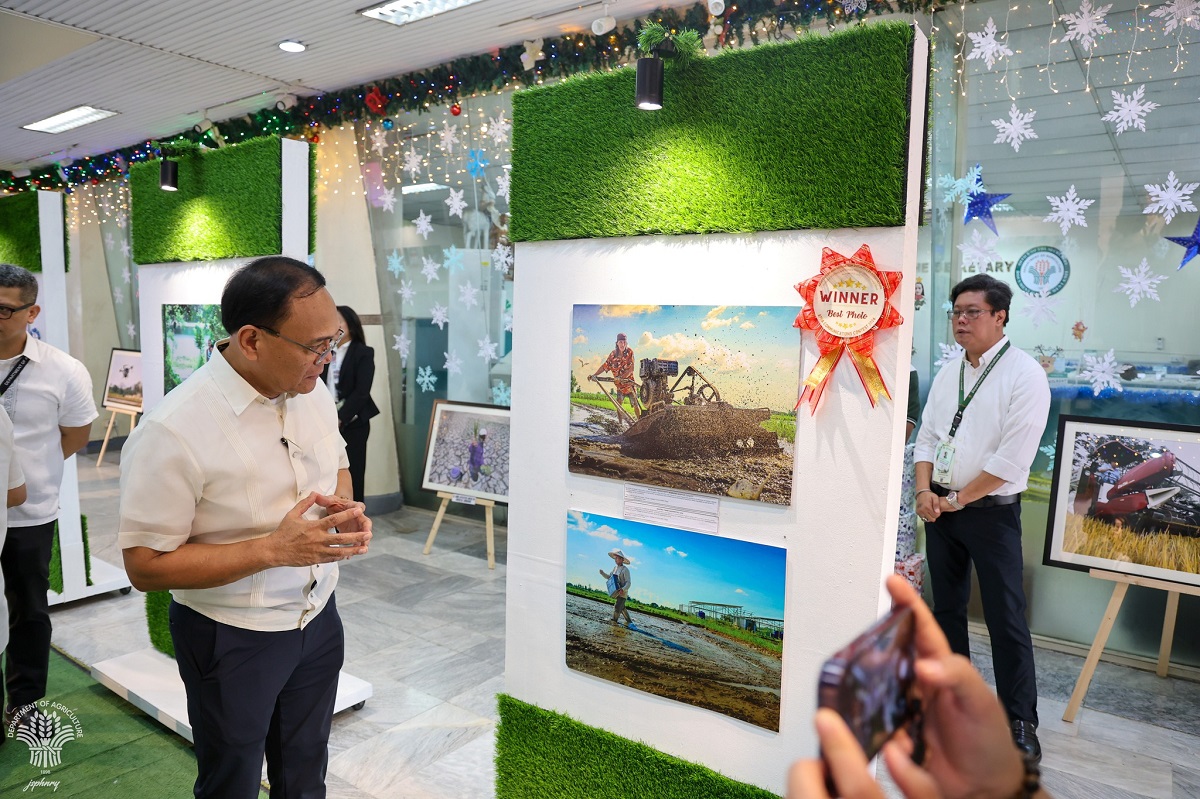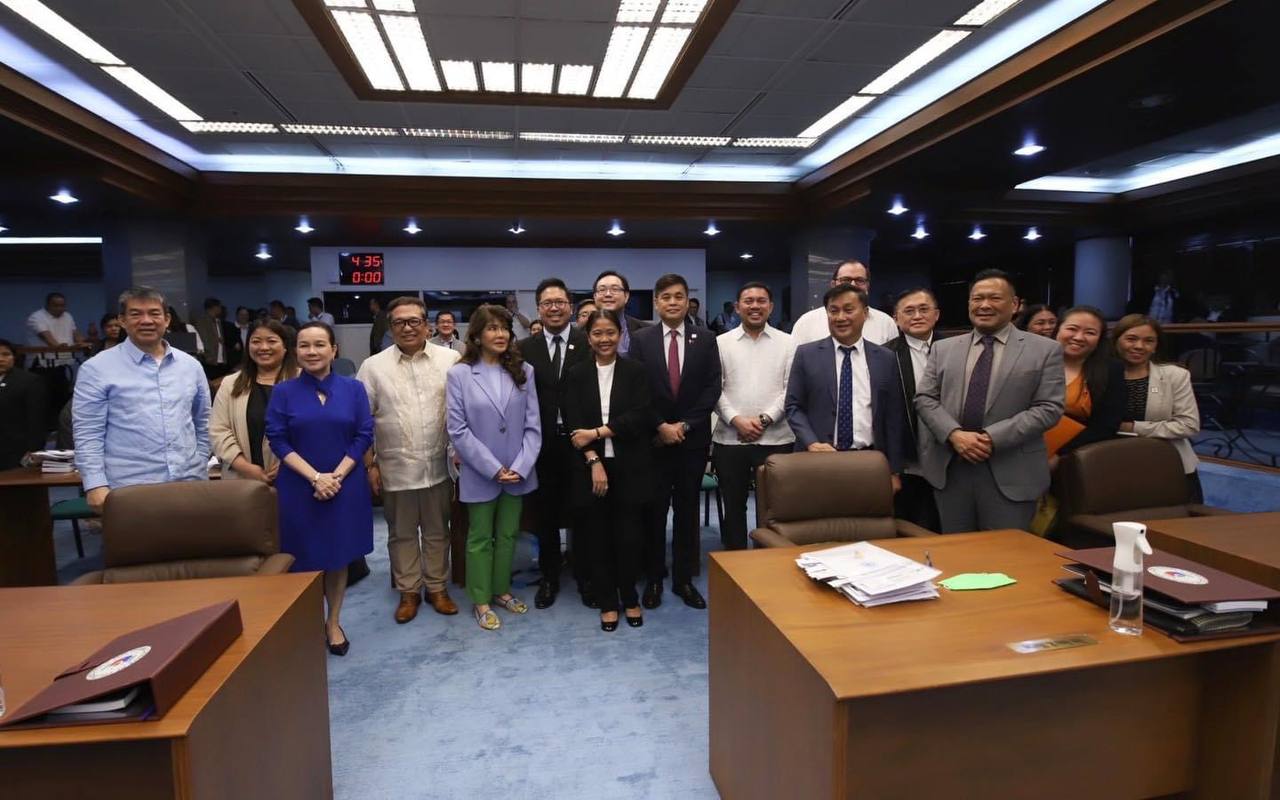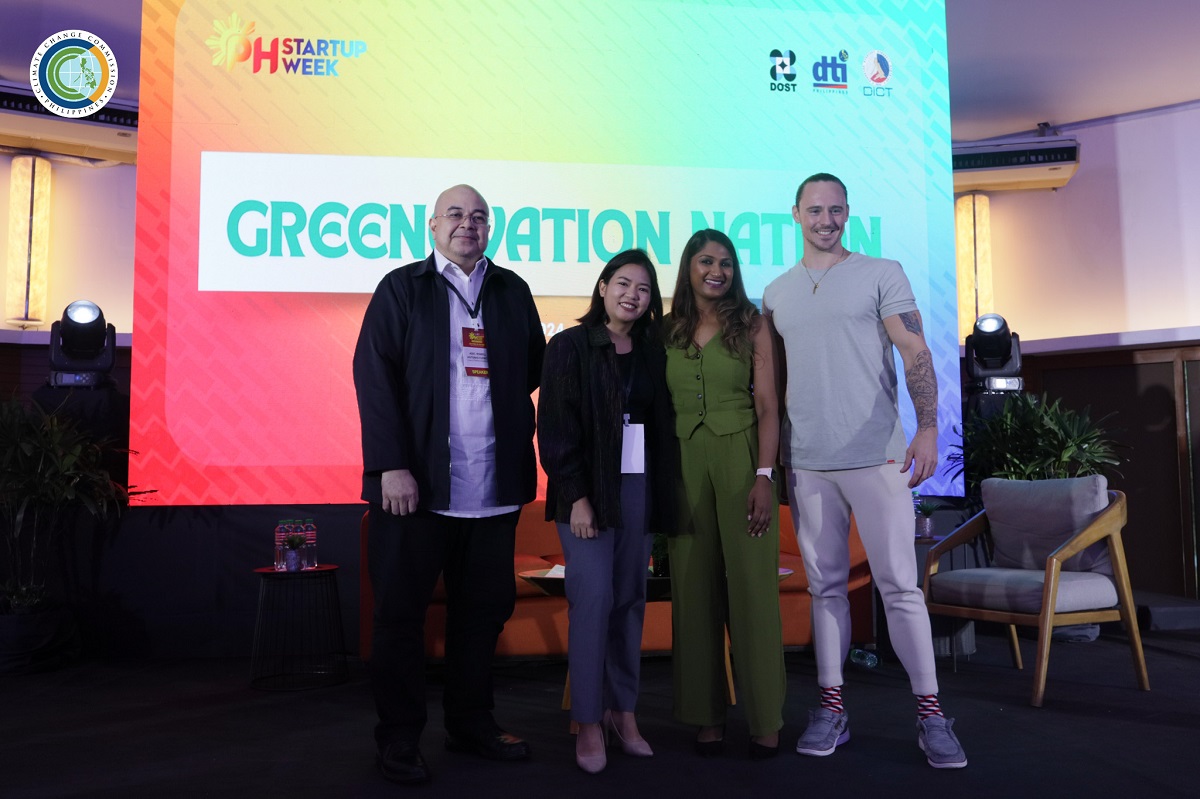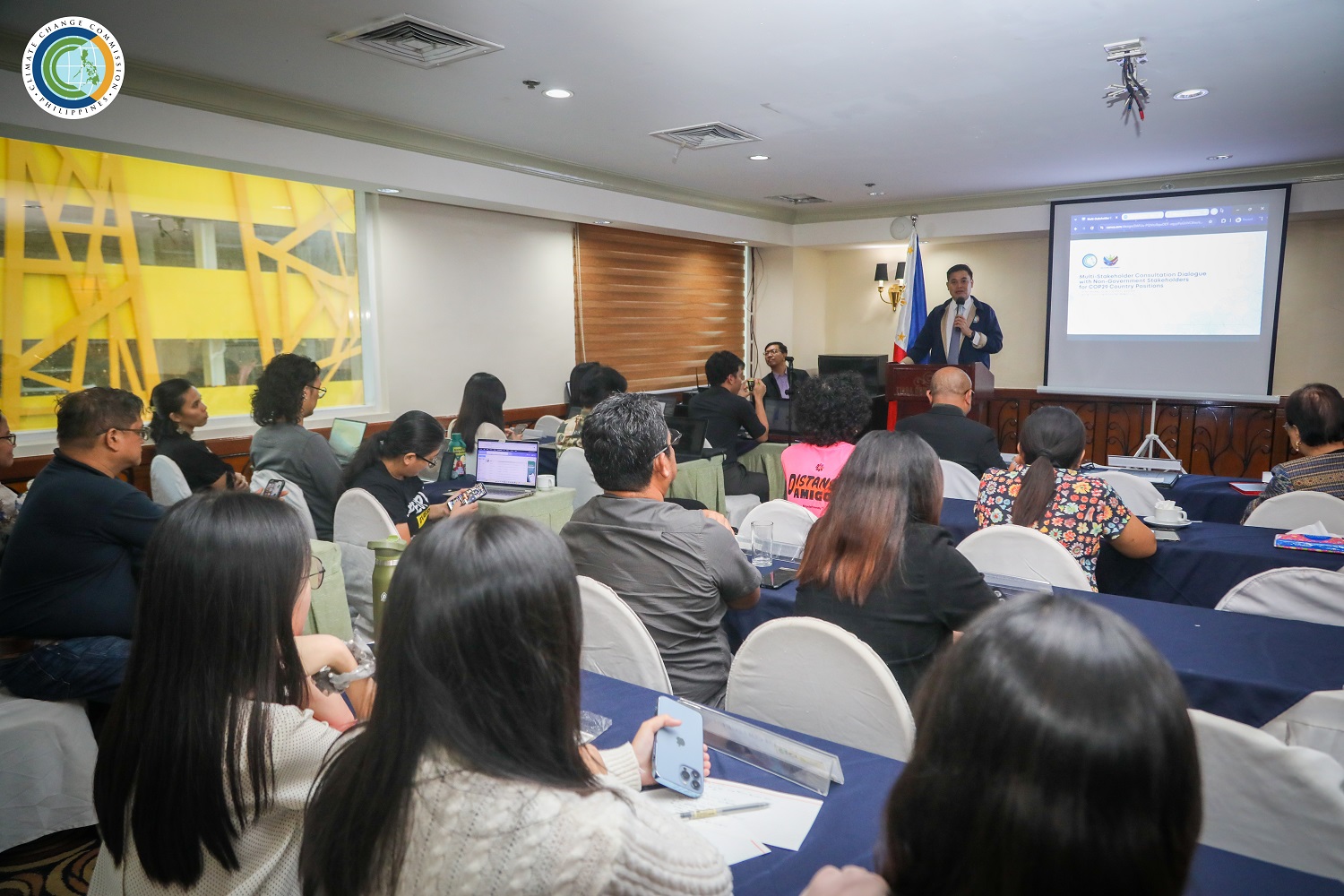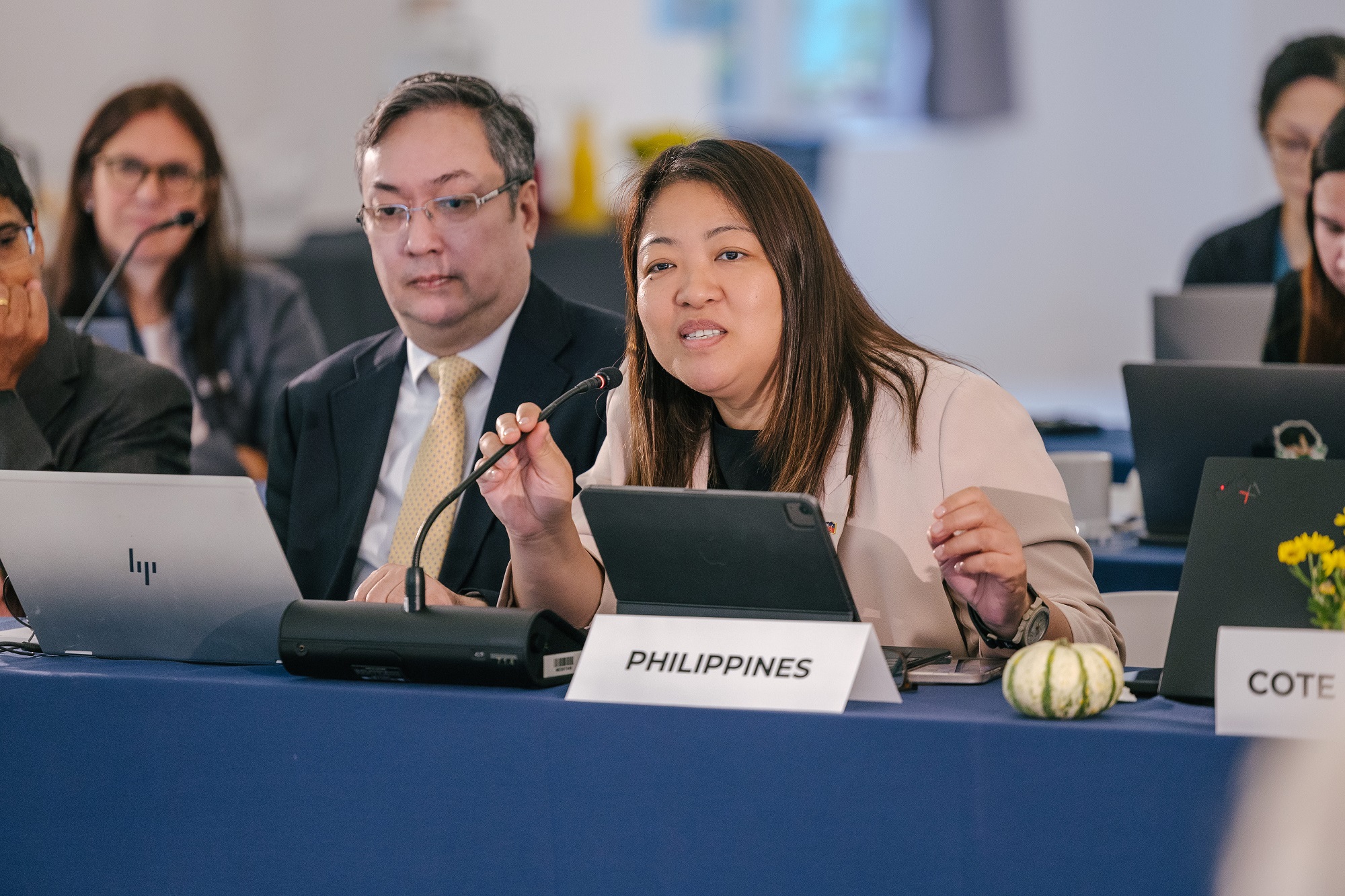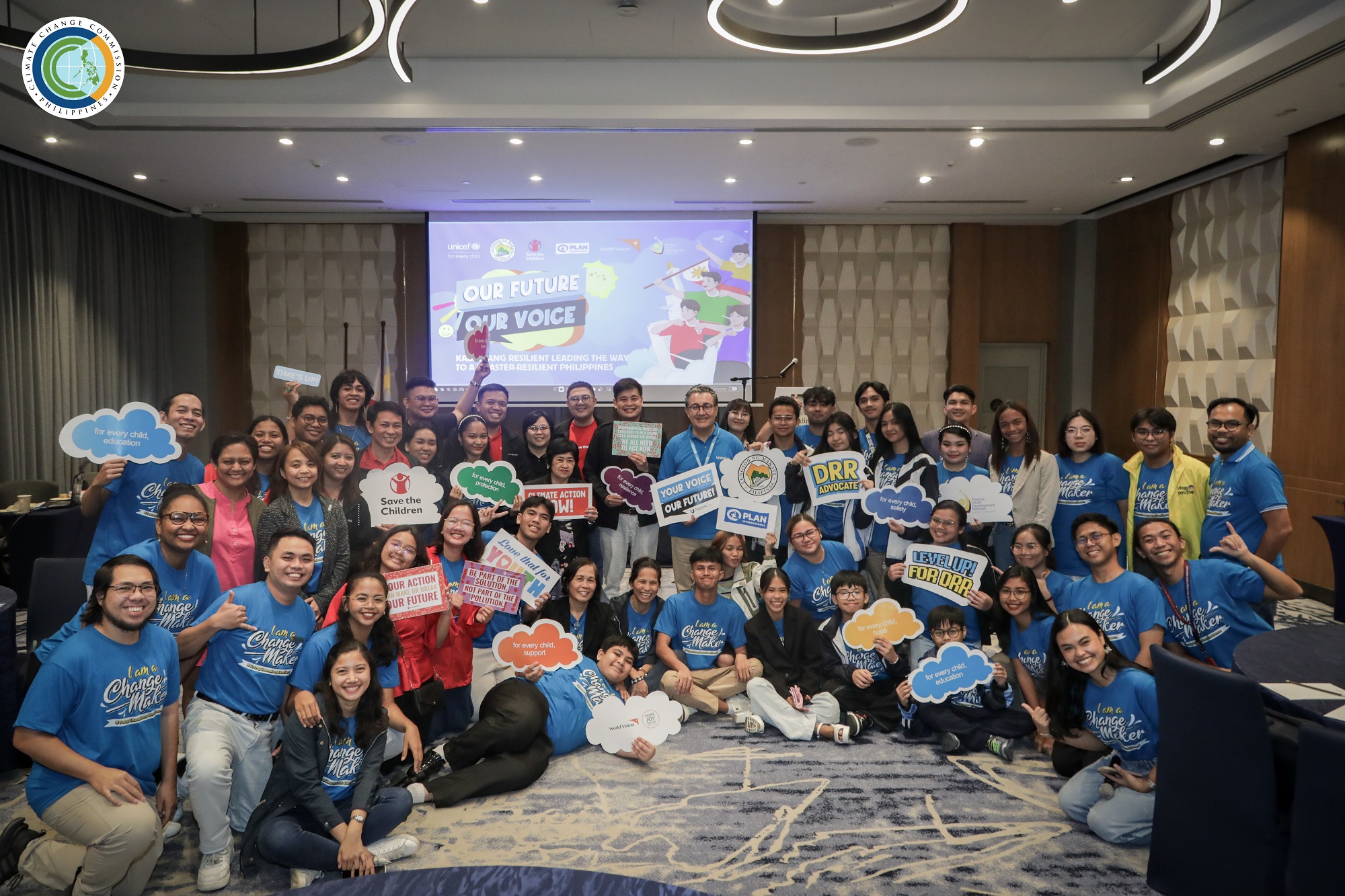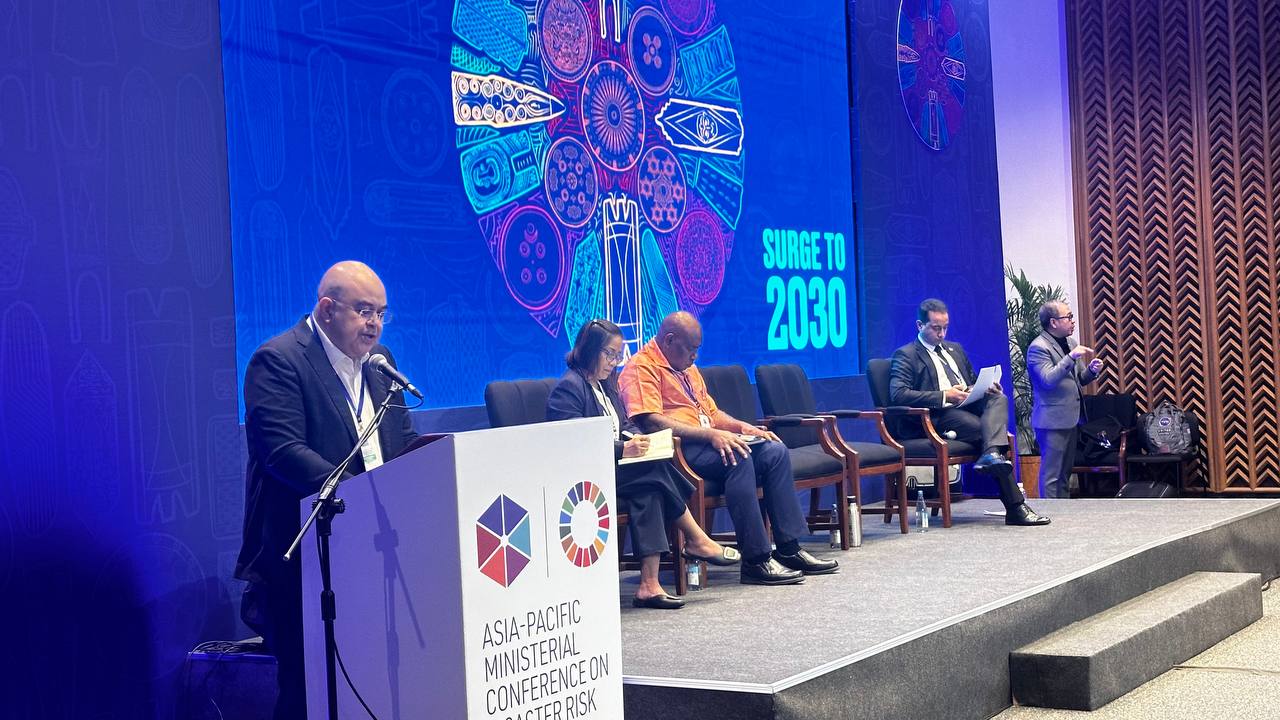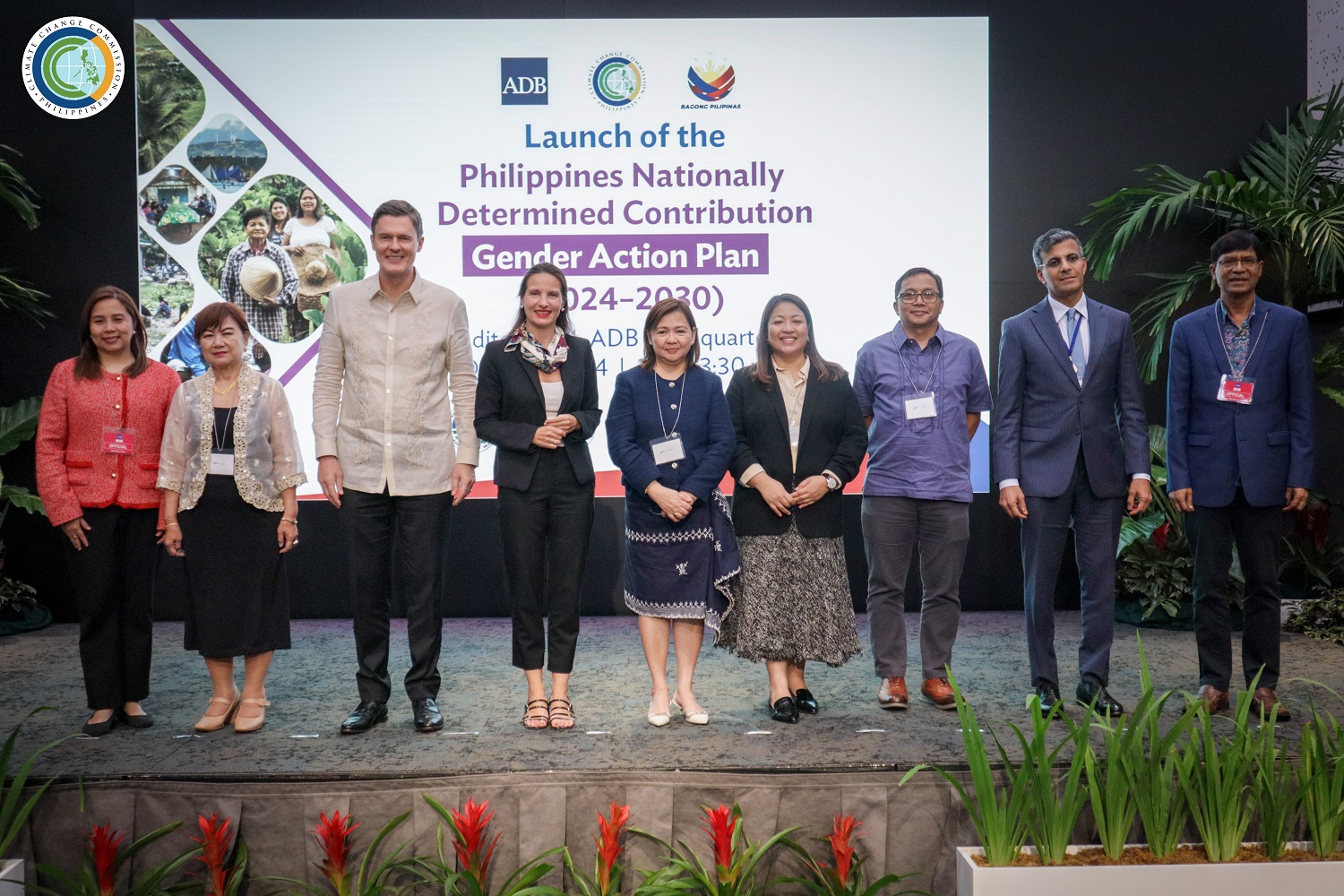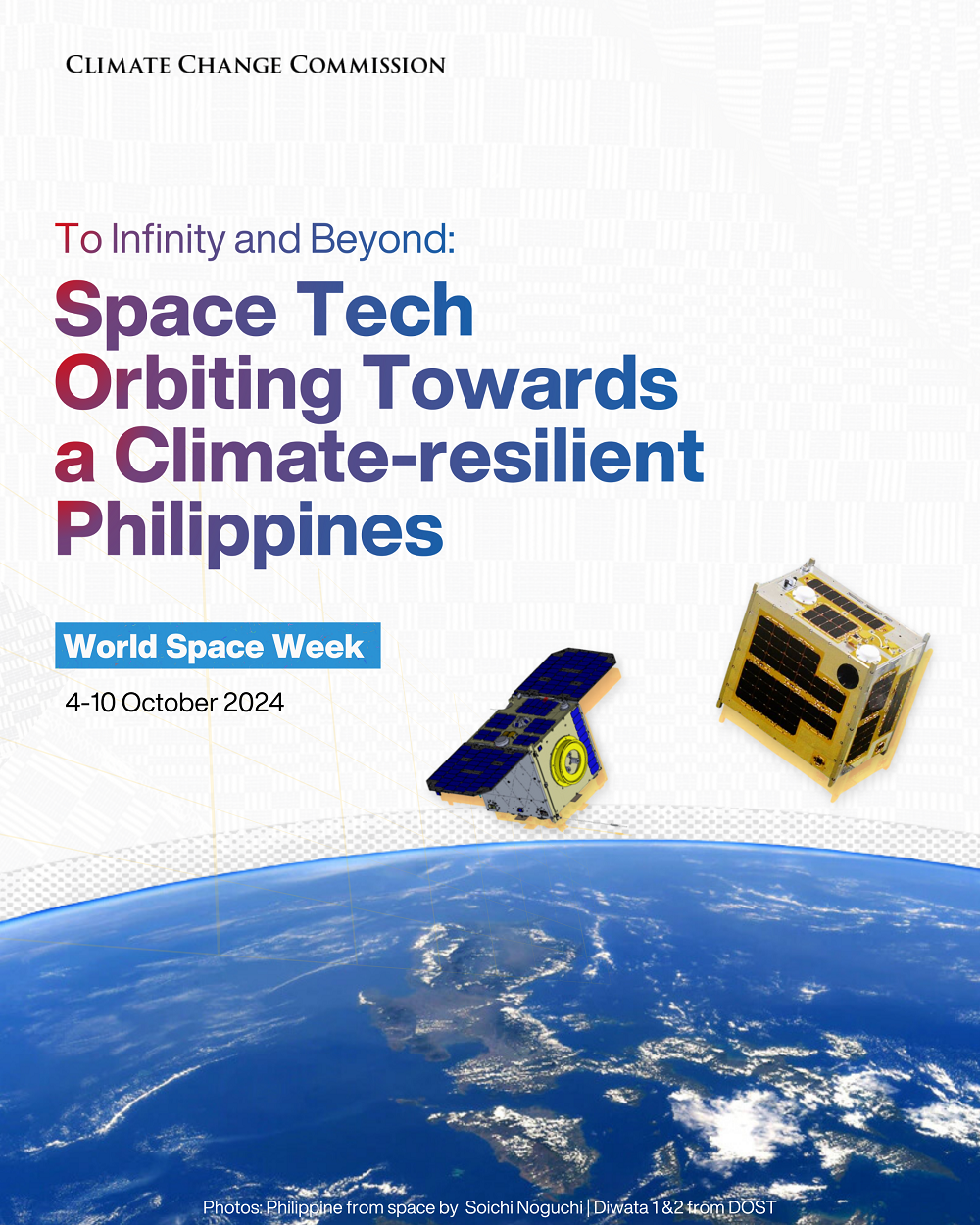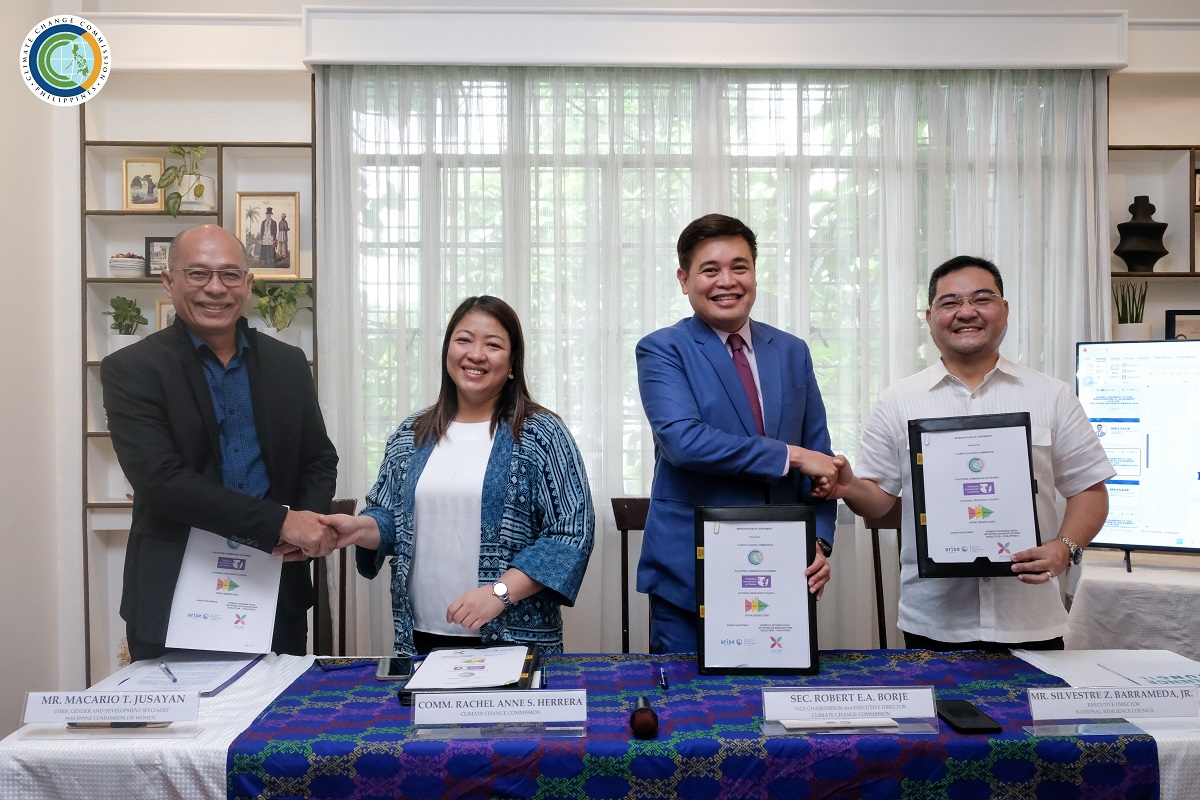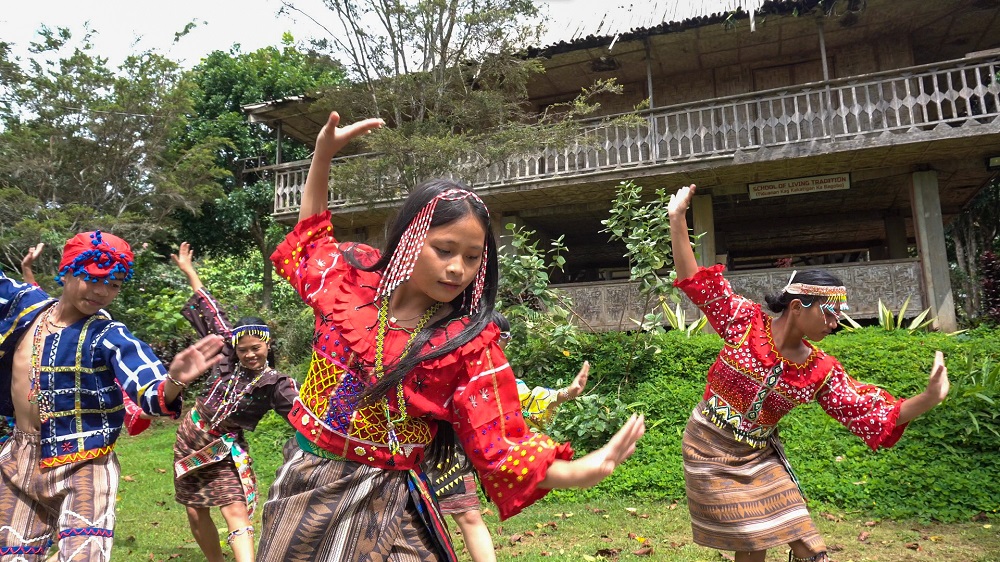The Philippine Resilience Awards, which recognizes climate leaders in the youth and women categories, were held at the SMX Convention Center, Mall of Asia Complex, Pasay City.
MANILA — The Philippine Resilience Awards 2024 (PRA) recognized exceptional Filipino women and youth climate trailblazers who have demonstrated leadership and innovation in climate change adaptation, disaster risk reduction, and resilience building within their communities.
In her keynote speech, Senator Loren Legarda highlighted the crucial role of women in climate action. “Their knowledge, experience, and leadership are critical to build resilience. This is why we must continue to amplify their voices, not only in the community but in decision-making processes at all levels of government,” she stated.
In ceremonies held on 25 November 2024 at the SMX Convention Center, Mall of Asia Complex, Pasay City, five women were honored as resilience champions for their significant contributions to climate action in the women category:
● Daisy Cabauatan, Provincial Chief, Bureau of Fire Protection Nueva Vizcaya, Operations, Programs, and Training Head;
● Divina Fontanilla, Municipal Mayor, Bacnotan, La Union;
● Cecilia Quipayo, Board Member, Cagbunga, Veneracion, Tampadong (CVT) Agri Resilient Farmers Organization, Inc., Pamplona, Camarines Sur;
● Ma. Thessa Ramos, Founder, Eastern Visayas Society of Native Tree Conservation, Inc. and Youth for Resilience Network, Maasin, Leyte; and
● Erma Suyo, Local Disaster Risk Reduction and Management (DRRM) Officer, Provincial Government Head, Agusan del Norte.
In the second category focusing on the youth sector, two exceptional individuals were recognized for their innovative climate resilience efforts,
● Christian John Evangelista, Astronomer-Meteorologist and DRRM Officer V, Manila City DRRM Office; and
● Edren Llanillo, Executive Director, Padyarescue Incorporated, and Co-founder, Go Bike Project, Bugallon, Pangasinan.
The awardees in both categories will each receive Php150,000 to further scale up their climate resilience initiatives.
The PRA serves as a platform to elevate the community of practice of climate and disaster resilience through the efforts of community changemakers.
Dr. Macario T. Jusayan, Chief Gender and Development Specialist of the Philippine Commission on Women, emphasized the importance of collective efforts in addressing climate challenges. “Let us remember that building climate resilience is not just about addressing immediate threats, but also about forging a legacy of hope and security for future generations,” he remarked.
Led by the Climate Change Commission (CCC), the Office of Senator Loren Legarda, the National Resilience Council, the Philippine Commission on Women, SM Prime, ARISE, and the Women’s International Network on Disaster Risk Reduction, the awards celebrate innovative approaches that align with national and global climate goals.
Secretary Robert E.A. Borje, Vice Chairperson and Executive Director of the CCC, emphasized the critical role of women and youth to build climate resilience. “Their leadership proves that when we include everyone in the fight against climate change, we can develop more inclusive and sustainable solutions,” he said.
Alongside the awards ceremony, two knowledge products were launched: “Journey to Climate Resilience: The Philippine Story,” a publication detailing the Philippines' climate resilience journey, and the “Filipina Changemakers,” a video documentary series featuring women leading climate initiatives in San Vicente, Palawan and Tiwi, Albay.
The book underscores the importance of science-based, risk-informed decision-making in safeguarding lives, livelihoods, and ecosystems. CCC Commissioner Rachel Herrera stated, “In sharing these stories of progress, we aim to inspire other nations and communities facing similar challenges to adopt resilient pathways.”
The Philippine Resilience Awards 2024 and the launch of the publication and documentary are part of the 17th National Global Warming and Climate Change Consciousness Week 2024, celebrated from November 19 to 25 with the theme “Aksyon at Adaptasyon ng Makabagong Henerasyon.” This annual commemoration serves as a platform to raise public awareness of the urgent need for climate action and to promote community-based resilience efforts.
The event was attended by representatives from the Embassy of Singapore and Japan. Joining them were members of the field validation committees, 2023 PRA winners Ms. Nida Collado and Mila Bognalbal, partners such as UN Women, and various media organizations.
For more inquiries, visit the PRA’s Facebook page: https://www.facebook.com/PRAwards.PH.
November 29, 2024 Friday

